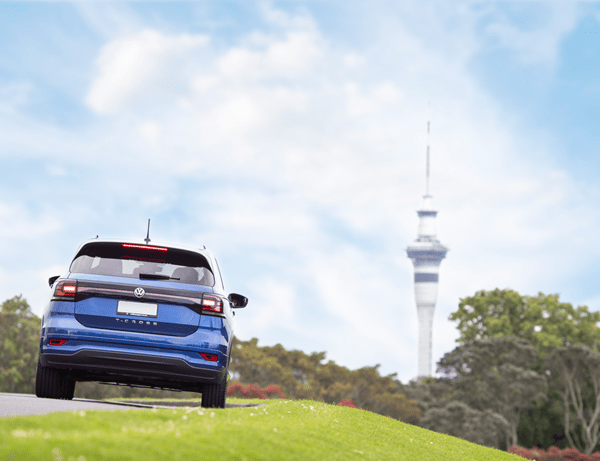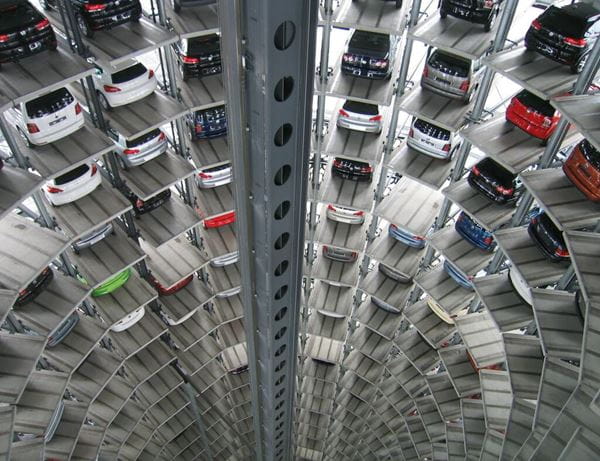
Understanding industry challenges
The automotive industry is under immense strain, and it’s having a severe impact on vehicle deliveries. Production capacity is limited by a global shortage of vital semiconductor chips, while a lack of HGV drivers and other challenges are affecting how parts and vehicles are moved.
The automotive industry is under immense strain, and it's having a severe impact on vehicle deliveries. Production capacity is limited by a global shortage of vital semiconductor chips, while a lack of HGV drivers and other challenges are affecting how parts and vehicles are moved.
Limited New Vehicle Supply:
Modern vehicles rely on a growing number of semiconductors, used for everything from engine management to safety and infotainment systems, and demand for these 'chips' is outpacing supply. Production bottlenecks following 2020's lockdowns has been exacerbated by Covid-related restrictions and extreme weather at several factories earlier this year and this is affecting all manufacturers. The result is reduced model ranges, missing equipment, much longer lead times and cancelled orders.
To find out how to help keep your deliveries on track, take a look here.
Challenging Collections:
Vehicle movements have become increasingly complicated, due to restrictions on staff sharing cars and, more recently, a nationwide fuel shortage which could leave drivers with long detours to fill up. Meeting customers' mobility demands means deliveries are a priority, so there is a chance that collection schedules could be disrupted for the foreseeable future. We are working with our collections partner who have already brought in some innovative solutions, such as switching to hub-based collections.
Restricted Rentals:
With shorter vehicle lifecycles and more frequent movements between customers, rental companies are experiencing the biggest challenges. Delayed and cancelled orders have left suppliers operating with a smaller than expected fleet - especially for commercial vehicles - while also accommodating Covid-safe measures for their teams and for customers. Disruptions for deliveries and collections are becoming more common, and it's possible that short-notice or short-term loans may be cancelled altogether.
What can you do to minimise disruption, and how is LeasePlan UK helping?
The challenges amount to a perfect storm for the automotive industry, but we're working hard to keep your business on the road. In the short term, however, we would advise taking some extra steps to minimise any disruption to your plans:
- Plan Ahead: Identify your fleet needs as early as possible - particularly for mission-critical vehicles and vans, which are in high demand. This will mean we can request vehicles from our suppliers, highlight any supply challenges and find solutions as soon as possible.
- Consider Alternatives: While new vehicle supply is restricted, LeasePlan Flexible offers an alternative for businesses needing cars or vans for several weeks or months. This is stock from our own fleet, predominantly desirable plug-in hybrids with CO2 emissions of 50g/km or less, with the option to select specific vehicles to suit your needs. There's no long-term commitment, so you can simply extend, or off-hire, vehicles as needed.
- Expect Business as Unusual: Most industry analysts are expecting the global semiconductor shortage to affect vehicle production into 2022 and beyond. With longer lead times, expect delayed deliveries for new orders and for rental suppliers to be operating with reduced fleet sizes.
- Think About Fuel: Fuel shortages are an emerging situation, but should be short-term. In the meantime, you can help avoid logistical challenges by ensuring vehicles are returned with a quarter-tank of fuel - enough to get collection drivers back to the nearest hub without having to fill up. We’ve also compiled some easy driving efficiency tips to help extend the range of your tank - find out more here.
- Speak to Us: We're here to help! Your LeasePlan account manager is on hand to listen to your concerns and will help keep your business moving.





